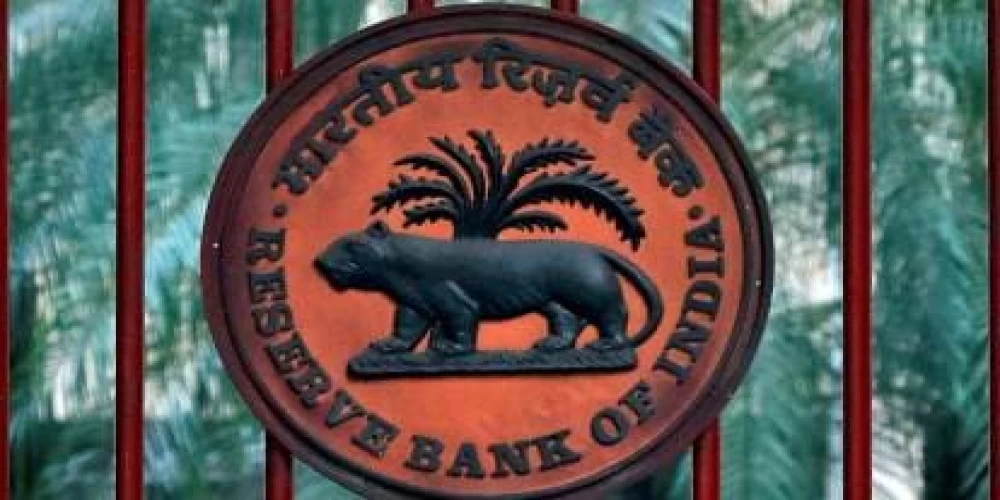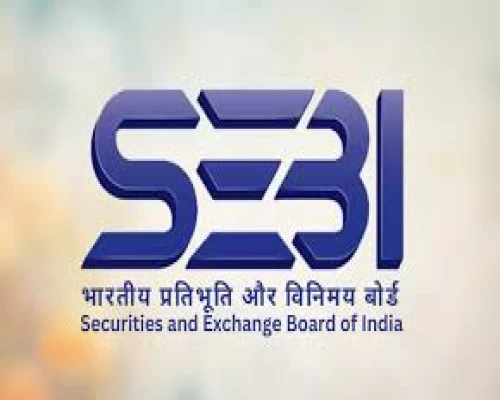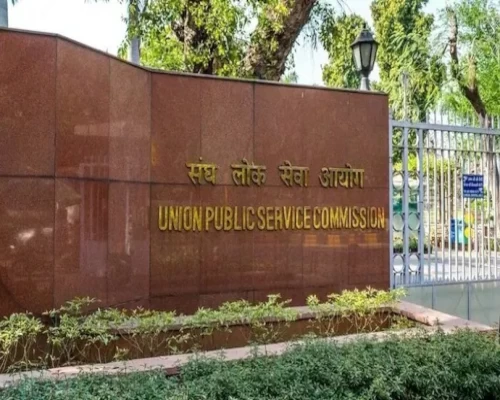
New Delhi: From April 1, 2025, new banking regulations will take effect across India, introducing significant changes that will impact account holders nationwide. These regulatory updates encompass modifications in ATM withdrawal policies, adjustments in minimum balance requirements, the introduction of the Positive Pay System (PPS), enhancements in digital banking security, changes in savings account and fixed deposit interest rates, and revisions to credit card benefits.
Several banks have revised their ATM withdrawal policies, reducing the number of free transactions allowed each month. Customers will now be limited to three free withdrawals from ATMs of banks other than their own. Any transactions beyond this limit will incur additional charges ranging between Rs 20 and Rs 25 per withdrawal. Further changes will take effect from May 1, with ATM financial transactions becoming more expensive. Reports suggest that customers will be charged an additional Rs 2 for every financial transaction beyond the free limit, while non-financial transactions like balance inquiries will see a Rs 1 hike. Consequently, the cost of withdrawing cash from an ATM will increase from Rs 17 to Rs 19 per transaction.
Major banks, including the State Bank of India (SBI), Punjab National Bank, and Canara Bank, are revising their minimum balance requirements. The prescribed balance requirement will now depend on the account’s location. Urban account holders will need to maintain a higher minimum balance, while semi-urban and rural account holders will have comparatively lower balance requirements. Failure to maintain the required balance will result in penalty charges.
In a bid to enhance transaction security, the Positive Pay System (PPS) is being introduced. This system will apply to cheque payments exceeding Rs 5,000. Customers will be required to verify crucial details such as the cheque number, date, payee name, and amount before processing the transaction. The primary objective of PPS is to reduce fraud and errors in cheque-based payments.
To bolster the safety and efficiency of digital banking, banks are introducing AI-powered chatbots, advanced online banking features, and stronger security measures. Enhanced security protocols, including two-factor authentication and biometric verification, will be implemented to safeguard digital transactions against potential cyber threats.
Interest rates on savings accounts and fixed deposits are also set for revision. Banks will now determine savings account interest rates based on account balances, with higher balances likely to fetch better returns. The adjustments are designed to make interest rates more competitive and encourage customers to save more.
Credit card benefits will also undergo significant changes. Banks such as SBI and IDFC First Bank are modifying the perks associated with their co-branded Vistara credit cards. The updates include the discontinuation of ticket vouchers, removal of renewal perks, and a phase-out of milestone rewards. Axis Bank will implement similar changes to its Vistara credit cards starting April 18, 2025, affecting existing cardholders.
With these regulatory changes set to take effect, it is essential for customers to stay informed and adapt their financial practices accordingly. Understanding the new policies will help account holders avoid unnecessary charges, enhance security in financial transactions, and optimize their banking benefits.
/BI/












